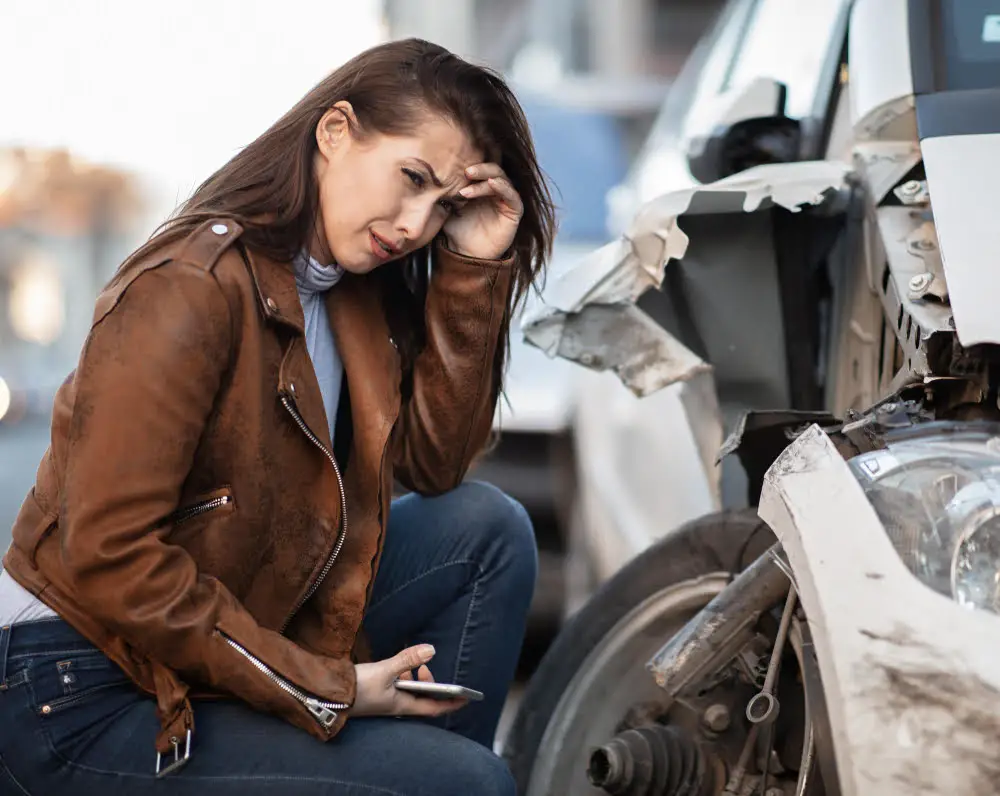Last updated on
Dealing with a car accident can be stressful. Besides physical injuries, it can significantly impact your lifestyle. Challenges like a sudden routine shift, inability to do regular tasks, and financial strain may arise. Coping with these changes is tough but achievable. This article offers insights on handling lifestyle shifts post-accident, providing practical tips to navigate this challenging time and resume living fully.
The Impact of a Car Accident on Your Lifestyle

A car accident can have physical, emotional, and financial consequences that can significantly alter one’s daily routine. From dealing with injuries and medical treatments to managing financial strain and potential loss of income, the aftermath of a car accident can be overwhelming.
It is also common for individuals to experience post-traumatic stress, anxiety, and depression after a car accident. All of these factors can disrupt one’s lifestyle in various ways, making it significant to acknowledge and address them to cope with the changes effectively.
Seeking Legal Assistance
For many individuals, seeking legal assistance after a car accident may be necessary to handle the financial and legal aspects of the incident. This is especially important if you were not at fault for the accident. Knowing your rights and understanding the legal process can help alleviate some of the stress and burden that comes with dealing with a car accident.
For instance, you can choose blumenshinelawgroup.com or other reputable law firms that specialize in car accidents to guide you through the legal process and ensure that your rights are protected. Seeking professional help can also give you peace of mind and allow you to focus on your physical and emotional recovery.
Physical and Emotional Challenges Faced after a Car Accident

A car accident can also bring about significant physical and emotional hurdles. Physical injuries, such as whiplash, broken bones, or traumatic brain injuries can require extensive medical treatment and rehabilitation. This not only affects one’s ability to carry out daily tasks but can also lead to chronic pain and long-term disabilities.
Emotionally, individuals may experience a range of emotions, from shock and fear to anger and sadness. It is important to seek proper medical treatment for both physical and emotional injuries to ensure a full recovery. The road to recovery may be long, but with proper support and self-care, it is possible to overcome these challenges and adapt to the new lifestyle changes.
Financial Strain
Medical expenses can quickly pile up, especially if long-term treatment is required. Additionally, if you are unable to work due to injuries sustained in the accident, you may experience a loss of income. This can create added stress and uncertainty about how to cover daily living expenses and medical bills.
Seek financial assistance and explore options such as disability benefits, insurance coverage, and potential compensation from the at-fault party. Seeking professional advice from a financial advisor can also help you create a budget and manage your finances during this challenging time. Prioritize your well-being and do not hesitate to ask for help when needed.
Coping Strategies for Managing Changes in Daily Routine and Tasks
Coping with lifestyle shifts after a car accident also involves managing changes in daily routine and tasks. This can be challenging, especially if you were used to being independent and self-sufficient before the accident.
Communicate openly with your loved ones and seek their support in carrying out daily tasks that you may no longer be able to do on your own. Consider delegating tasks to others and be patient with yourself as you adjust to the changes. You may also benefit from occupational therapy, which can help you learn new ways to perform daily tasks and regain your independence.
Moving Forward
Moving forward after a car accident may seem difficult, but it is possible to rebuild your life and adjust to the changes. Focus on your physical and emotional recovery and seek support from loved ones, healthcare professionals, and legal advisors. Take things one day at a time and be patient with yourself as you adapt to the new lifestyle shifts.
Stay positive and try to find ways to stay active and engaged in activities that bring you joy. It is okay to ask for help and seek professional support when needed. Most importantly, never lose hope and know that with time, you will be able to rebuild your life after a car accident.
A car accident can have a significant impact on one’s lifestyle. If you or someone you know has been in a car accident, know that there is hope for a brighter future ahead. Keep pushing forward and seek the necessary support to help you cope with any lifestyle shifts that may come your way. You are not alone in this journey and there is light at the end of the tunnel. Stay strong and stay positive – things will get better.
Recap




